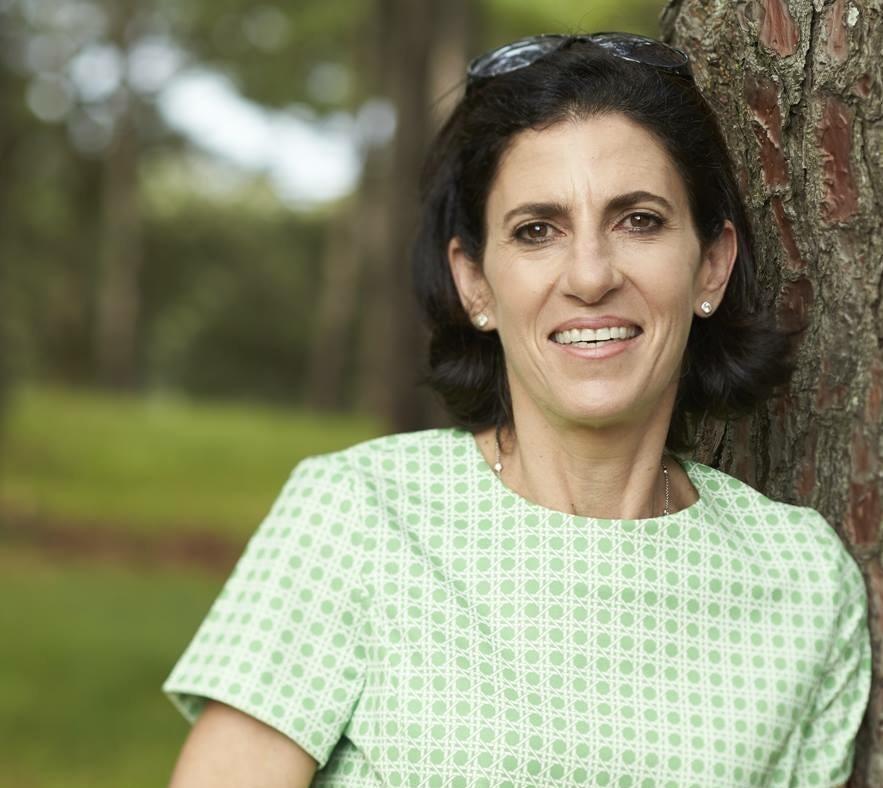
My Life is better now than before the diagnosis
My name is Glenda. I am a wife, a mother, a daughter, a sister, a sister-in-law, a friend and a pharmacist. Twelve years ago, I was diagnosed with early onset Parkinson’s Disease or ‘’PD’’. Parkinson’s does not define who I am.
My doctor told me not to tell anyone. It took me 12 years to share my story with my closest friends. Most people would not believe me when I say my life is better now than before my diagnosis. It may seem strange to some, and impossible to others but I have nothing to hide. Life is better with PD because it has taken on a different meaning: I don’t sweat the small stuff, my family have become more important to me, we travel, we don’t take life for granted, I surround myself with positivity and people who care about me. Of course, I wish I didn’t have this illness but my life is better.
During the ten years before I decided to tell my friends I was not in denial. My reasons for staying in the closet were varied but most importantly I did not bury my head in the sand. I tried to find out everything I could about this illness, I attended talks, conferences, seminars, met wonderful people going through what I was going through and who helped me, I did my own research, engaged with Parkinson’s NSW, attended information seminars and I joined an early onset group for women, which really helped. I told them my name was Jay.
Over the ten years I realised I needed more support from my friends and people that cared about me and that’s why I came out. I invited all my friends to my birthday lunch – I told them don’t be sad for me, don’t treat me differently. Their responses were diverse – happy, shocked and relief from those who suspected it. I also needed their support to help me through my recent deep brain stimulation surgery which has given me a second chance in life. After my surgery, I decided I needed to write a book. The book is called ‘’I can Dance’’. Dancing was something I took for granted before my diagnosis and something that was so difficult to do afterwards. What prompted me to write the book was the overwhelming number of people that reached out to me asking for help and information. It was the newly diagnosed, who reached out, asking where do I go for help? What do I do?
I was repeating myself and decided MY PERSONAL journey needed to be documented to share with others. The book shares resources, the practical changes I made to my life and the overall message for people: that life is not so bad. It’s a short read and can be downloaded as an eBook, iBook, or on Amazon kindle. It highlights the power of learning from other people’s journey – the power learning from the lived experience. And the power of love. I have had the most incredible support from a close and loving network - my husband, my two sons, my extended family and many, many close friends. So, what’s next on the horizon for me, Glenda? One of the biggest bains of my life is the healthcare system in our country. It is not set up to support people with chronic disease. When you walk out of the doctor’s surgery, you generally are not given any information about the assistance you might need and where you might find it.
Maybe they don’t want to bombard people. Patients are told to go home and ‘’we will see you in 2 or 3 months’’. This is a critical time, especially for a person’s mental wellbeing. What are people meant to do?
Whatever your diagnosis, I believe people should walk out the doctor’s rooms and be given an information pack or envelop with the relevant information they might need in the coming months to help them to cope, not just physically but emotionally. People can look at it in their own time when they are ready. For people with PD, Parkinson’s NSW should be your first port of call – an organisation providing both peer support and other support. We need support in this time – whether you need to cry or laugh.
So, priority no 1 for me in 2017, will be to get the envelop of information into neurologist’s rooms to share with patients. I also think that in keeping up with technology all this could be made available through http://mycarespace.com.au/ when it launches in early 2017, where one can access all the relevant information. My second project would be to get involved in a support group for young onset – either to set up a new group and try and bring more people out of the woodwork or get the women’s group up and running again at PD NSW – both of which will provide a safe place where we can all let our hair down.
My final thoughts to share would be that I would like to shout out to every newly diagnosed person: ‘’YOU MAY HAVE PARKINSON’S DISEASE, BUT YOU KNOW WHAT...... PARKINSON’S DISEASE DOESN'T HAVE YOU"
Some useful links:
http://www.parkinsonsnsw.org.au/
http://www.itsnotfunny.com.au/



